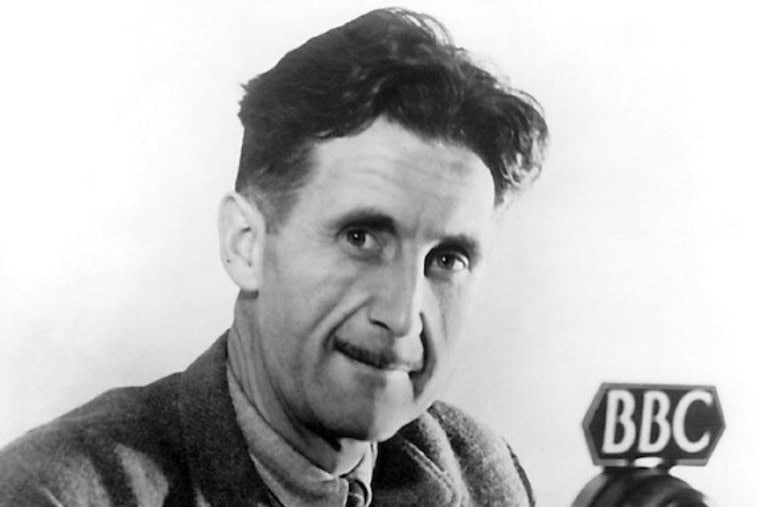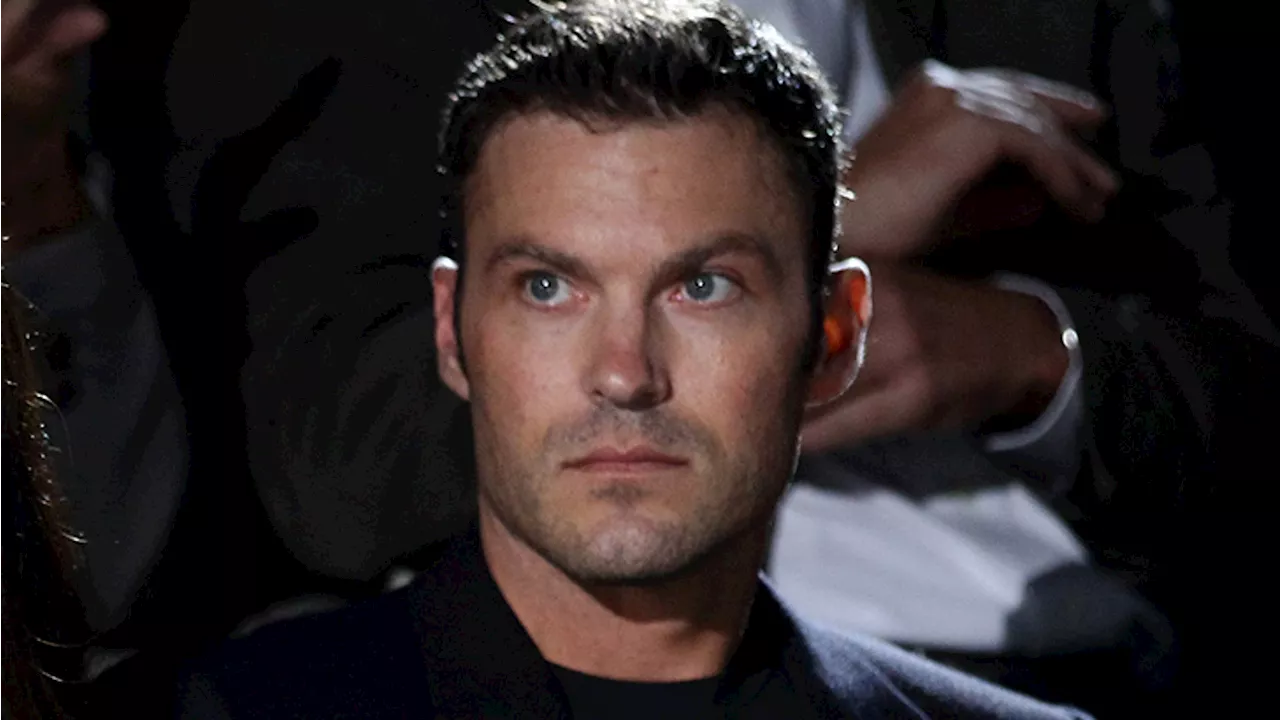Donald Trump has initiated legal action against the BBC, challenging its coverage of his presidency in a recent episode of the programme *Panorama*. This lawsuit, which could amount to a staggering $1 billion, has ignited a political firestorm in the UK, drawing in figures from across the political spectrum, including Boris Johnson and Liz Truss. The controversy raises significant questions about the role of the BBC and its perceived biases.
Outside the BBC’s headquarters in London, a statue of George Orwell stands as a reminder of the corporation’s commitment to integrity and honesty—qualities closely linked to Orwell’s critiques of authoritarian regimes. Orwell worked at the BBC during World War II but felt constrained by its editorial policies, describing his experience as akin to being “an orange that’s been trodden on by a very dirty boot.” His reflections serve as a poignant backdrop to current debates surrounding the BBC’s journalistic practices.
Historical Context and Current Implications
The BBC has faced scrutiny over its editorial decisions in the past. A notable incident occurred during the 1984-85 Miners’ Strike, when the corporation misrepresented a violent clash between police and miners, leading to accusations of bias. More recently, its reporting on the Labour Party and figures like Jeremy Corbyn has also been criticized for fostering a narrative that many believe unfairly labeled him and his supporters as antisemitic.
Many right-leaning politicians, including Johnson and Farage, have expressed discontent with the BBC’s perceived lack of alignment with their interests. Traditionally, the BBC’s subtle biases were tolerated by the political establishment, but the rise of the far right has shifted expectations. For some, the BBC’s editorial stance is now viewed as inadequately critical of the left. Trump’s lawsuit is seen by many as a platform for these politicians to rally against the BBC, which they argue represents an outdated model not aligned with modern media consumption.
Political Dynamics and Future Considerations
The BBC has issued an apology to Trump regarding the editing of the *Panorama* episode, but whether it will agree to financial compensation remains uncertain. Labour leader Keir Starmer faces a dilemma: pushing the BBC to capitulate to Trump could damage the party’s credibility, while failing to address the situation may upset relations with the United States.
Critics argue that the focus should not be solely on Trump’s grievances but rather on the BBC’s broader failures in reporting issues like the growing influence of the far right and economic inequality in the UK. The BBC has been accused of glossing over the systemic problems that contribute to social strife, only occasionally highlighting particular instances of hardship without addressing the root causes.
Ultimately, this situation illustrates the tension between media integrity and political interests. As the BBC navigates this challenge, the responses from various political factions will likely shape the future of public broadcasting in the UK and its role in a rapidly evolving media landscape.







